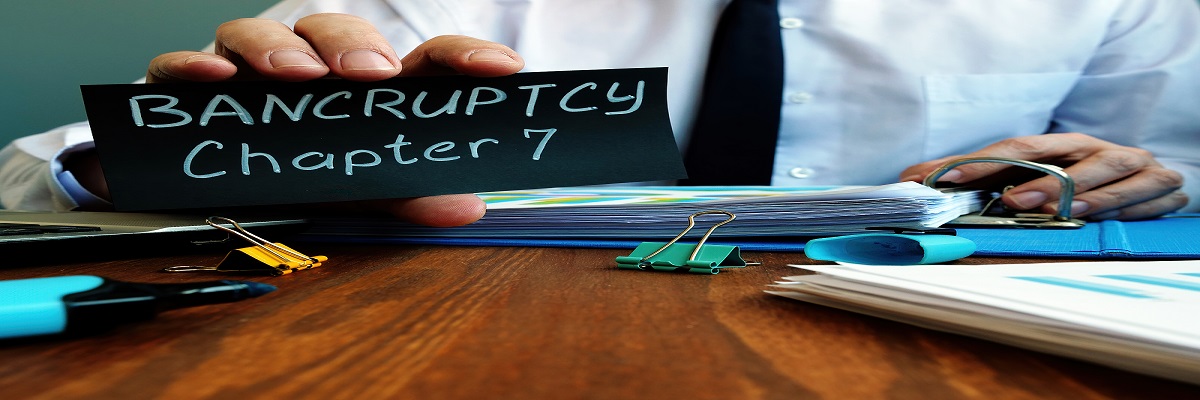Call: 888-297-6203
Chapter 7 bankruptcy is usually preferred by people who cannot pay back the debts they owe. However, there are certain restrictions regarding who can file for this chapter of bankruptcy. Individuals whose gross income is lower than the state’s median income can qualify for this bankruptcy chapter. There are other ways also for individuals to qualify for this chapter. Suppose your income is high, but paying monthly debts leaves you with an amount that cannot be used to repay the creditors through the Chapter 13 plan. Then you might qualify for Chapter 7. If you have previously used Chapter 7 bankruptcy (in the past 6-8 years), you cannot file for it again. The bankruptcy filing also depends on how long you have lived in a state.
Requirements of Chapter 7
The Chapter 7 bankruptcy takes 4-6 months to complete. In addition, the filer must pay $338 as a filing fee on filing a petition in the court. Apart from this, other forms also need to be submitted that provide information regarding your assets, debts, income, and monthly expenses. You should also provide information regarding the exempt property, property owned or sold, and money spent in the past two years. Another mandatory requirement is completing a credit counseling course with a U.S. Trustee-approved agency.
What happens in Chapter 7 bankruptcy?
Once you file for bankruptcy under Chapter 7, an automatic stay is enforced, preventing creditors from collecting anything from you. Once bankruptcy is filed under Chapter 7, the bankruptcy court determines what will happen to all your property. The court assigns a bankruptcy trustee to ensure that your creditors get paid as much as possible of the amount owed to them. This payment occurs from the proceeds obtained on selling your non-exempt assets. The trustee also checks previous transactions before bankruptcy filing and reverses them to free assets for creditors.
A creditor’s meeting takes place one or two weeks after the bankruptcy filing. In the meeting, the bankruptcy trustee asks questions regarding the papers filed. Usually, the creditor’s meeting lasts for less than ten minutes. It is the only time when the debtor must visit the courthouse. In most cases of Chapter 7 bankruptcy, the property owned by the debtor is usually exempted or not worth much. As a result, Chapter 7 bankruptcy filers usually do not lose any property. However, suppose the bankruptcy trustee finds any non-exempt property in the creditor’s meeting. Then, it is surrendered, or an amount equivalent to the property is deposited in cash. Sometimes, the non-exempt property can be abandoned if it is not worth much, and selling it is cumbersome. The bankruptcy exemptions usually vary from one state to another. You can check the state exemptions of Dallas based law firm.
Secured debts and bankruptcy discharge
A debt against which collateral such as an automobile or house is available is called a secured debt. The creditor can ask for lifting the automatic stay to foreclose on search properties. This usually happens if you are behind on your payments. However, if you are current on your payments, you can keep the property and make payments. A lien against your property is also a secured debt that can be wiped out in a Chapter 7 bankruptcy. Call 888-297-6203 to know more about how to handle secured debts. All your debts are wiped out at the end of the bankruptcy process except debts like child support, tax debts, student loans, etc. Additionally, any debt deemed non-dischargeable by the court (debts incurred due to fraudulent acts) also remains.

